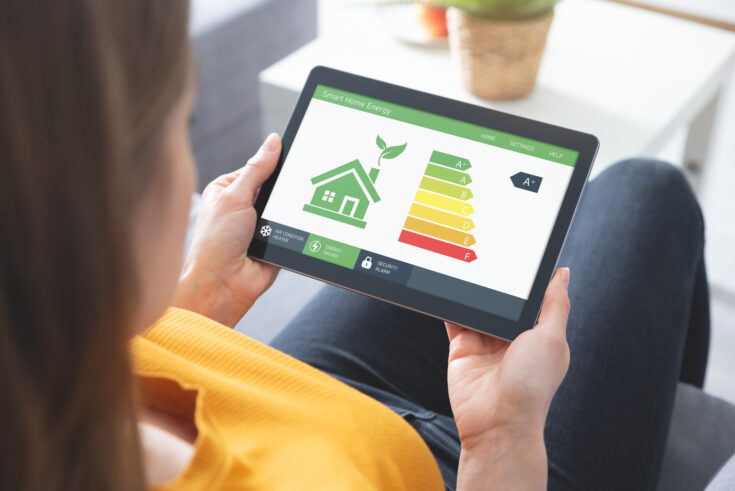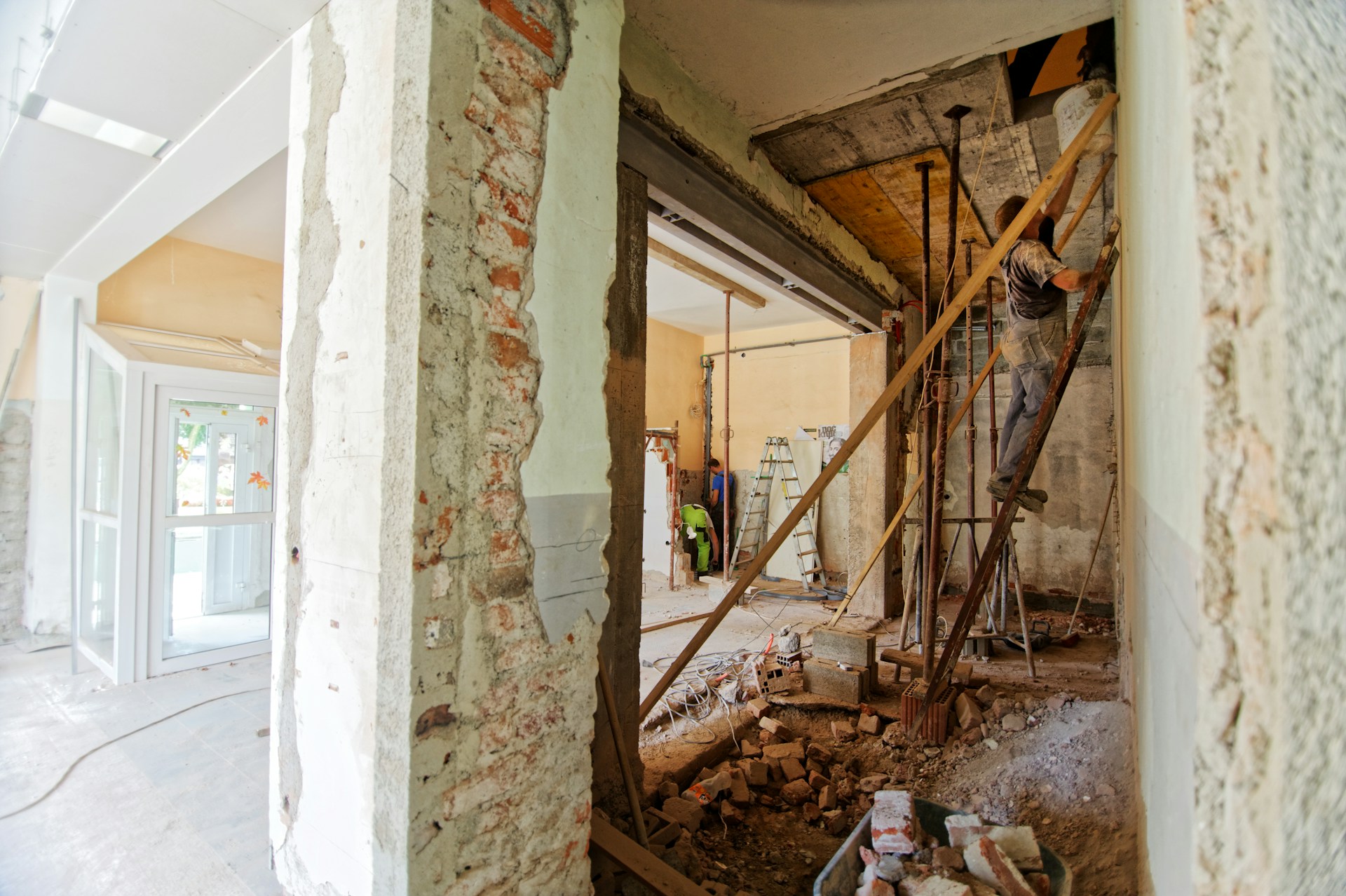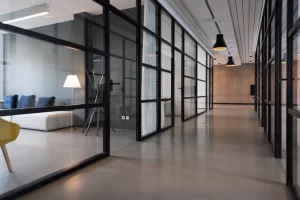
An Energy Efficient Home
Ensuring that your home is energy efficient is more important now than it ever has been in the past. Unfortunately, the soaring energy costs are affecting everyone from all backgrounds. Even those that have traditionally found it relatively easy to cover energy costs are now finding it necessary to cut back on those costs in every way possible. As it turns out, there are several different things that you can do to ensure that your home is energy efficient. You might be spending a little money on these things now, but they can save you a great deal of money in the future. If you feel like you’re spending too much money on heating costs, here are some things you can do to reduce the amount of money you’re forced to spend every time a new bill comes due.
Add Insulation to Conservatory and Other Areas
Adding insulation is one of the most common ways of reducing energy costs. It’s also one of the most effective methods out there. If there is a need, you can add insulation to attics and other areas where cool air is getting in more than it should. One area you might want to check is the conservatory. These types of additions to the home are great when it comes to being at one with nature and enjoying the warm summer sunshine. They can also become something of a nightmare when winter comes because it’s very difficult to keep the cold air out and effectively heat the home. Adding panel insulation to the roof of the conservatory can go a long way toward ensuring that you’re not losing heat unnecessarily because of spaces that aren’t effectively insulated against the cold.
Check for Cool Air Around Doors
Another thing you can do is check for cool air coming in around doors. Surprisingly, most doors aren’t really all that effective at closing off cool air. This is true for doors that lead outside, but it’s just as true for those doors that lead to other areas of the home that you might not be actively heating at the time. If you have a large home and you’re not heating every square inch of it simultaneously, you might have closed the door to a certain portion of the home in hopes of keeping the warm air where it belongs. If you go and check for cool air around the doors, you’ll be shocked at how much of it comes in through these relatively small spaces. Fortunately, you can add devices to the bottom of the doors and even enhance the seals around the circumference of the door which will help keep the cold air at bay.
Consider Replacing Windows
Another place that is notorious for letting cold air in is windows. This is especially true if you have older windows in the home that haven’t been upgraded in some time. Depending on the age of the home itself and the style of the windows, you might have a situation where you can make some adjustments to the windows that will reduce the amount of cold air coming in, such as sealing them with plastic covering that can be left in place temporarily (until the weather warms up). However, you might actually find it more cost-effective to replace the windows in their entirety. Working with home builders that know what can be done to effectively curb your energy bills is one of the best ways to determine whether or not you need to make a few simple adjustments or purchase new windows for the entire home.
Make Repairs to Your Boiler
Of course, your home isn’t going to be heated as efficiently as it should be if your boiler is in need of repairs. People have a tendency to forget all about boilers until they need them. As such, they usually sit there for the duration of the summer months unattended. Over time, this can have a detrimental effect. It’s really best to have a qualified individual come out and take a look at your boiler at the beginning of every winter season. That way, you know whether or not it’s in good shape or if it needs repairs before things get really cold. It’s also much safer to ensure that your boiler is in good working order before using it. Again, this is something that might cost you a little money at the time, but it can save you a great deal of money later on down the road. It also gives you peace of mind, something you can’t really put a price on.
If you follow these tips, you should start to notice a marked decrease in your energy bills in the relatively near future, hopefully within 30 to 60 days. In addition to saving you money on energy costs, these repairs can genuinely help your home feel more comfortable while standing the test of time.


